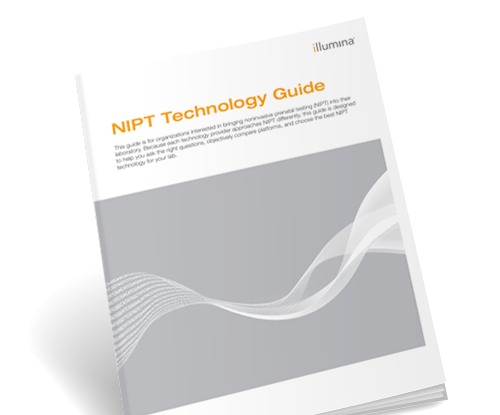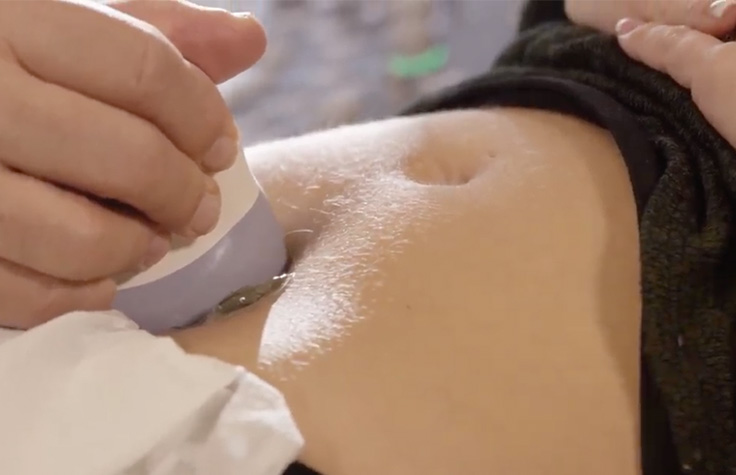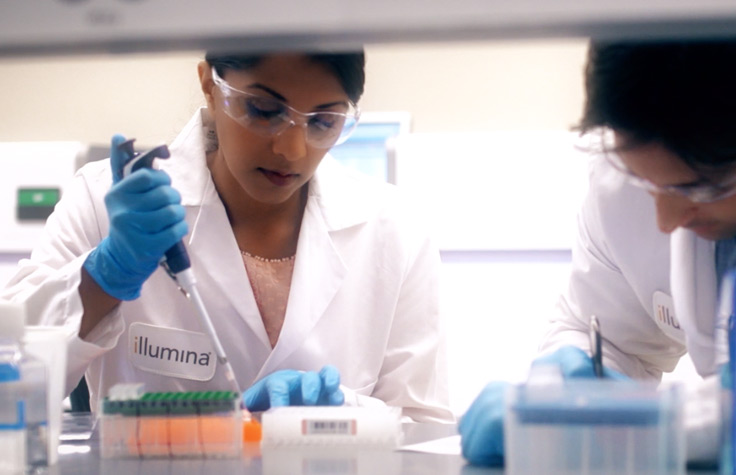NIPT Education for Labs
Considerations for Your Lab
Until 2011, the predominant prenatal aneuploidy screening options for trisomies 21, 18, and 13 were measurement of serum markers and sonographic evaluation of the fetus. The introduction of cell-free DNA (cfDNA) screening created a new option—noninvasive prenatal testing (NIPT)—that facilitates screening for a wider range of fetal aneuploidies. Like traditional serum screening, NIPT is a screening test and results should be confirmed by diagnostic testing prior to making pregnancy management decisions.
We have compiled the following information to consider as your lab evaluates which prenatal tests to offer, and what technology to select to carry you into the future and provide your lab with the best return on investment.
- What is cell-free DNA (cfDNA) and why is it beneficial?
- How to evaluate NIPT vs other screening methods
Technologies Used for NIPT
NIPT vs. Conventional Aneuploidy Screening Methods
NIPT has consistently demonstrated increased detection (higher sensitivity) and higher specificity (less false positive cases) for aneuploidy than traditional screening.
Cell-Free DNA Technology for NIPT
Understand what cfDNA is and how it is used to provide a more accurate screening test for the detection of fetal aneuploidy.
Types of NIPT Technology
Weigh the benefits of whole-genome sequencing vs targeted approaches in deciding what’s right for your lab.

New Guidelines Recommend Noninvasive Prenatal Testing for All
This endorsement from the American College of Obstetricians and Gynecologists (ACOG) opens doors for pregnant women of any age or risk.
Read Article
Illumina and Harvard Pilgrim Partner on Value-Based Contract
Announce first ever next-generation sequencing agreement for noninvasive prenatal testing.

A Guide to NIPT Technology Options
Learn more about evaluating NIPT options and key considerations when selecting a technology for your lab.
Download GuideAdditional Resources
Related Content
Precision Health
Personalized medicine and health programs can help match patients to treatments and improve survival rates, quality of life, and the cost of care.
Cytogenomics
Together, next-generation sequencing and arrays enable cytogenomic analysis of chromosome aberrations for constitutional and cancer research.
Genotyping
Explore a broad range of genotyping techniques that can provide valuable insight into the functional consequences of genetic variation.


